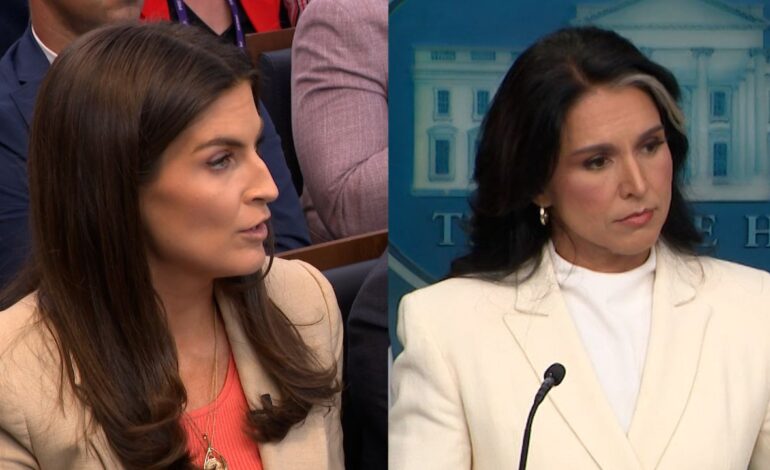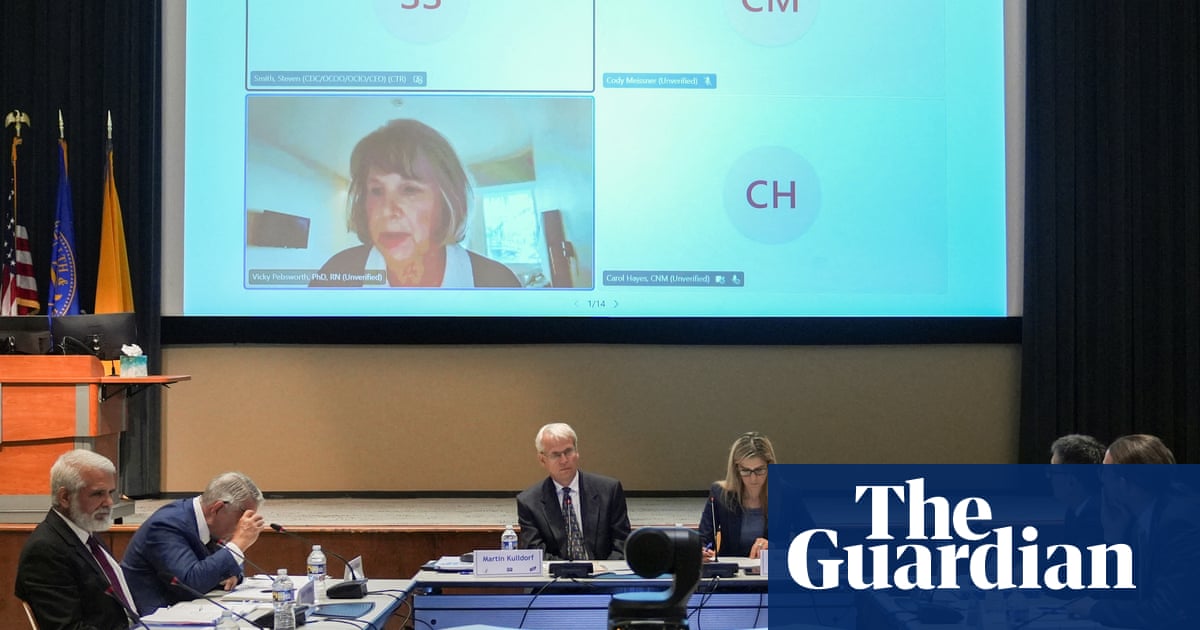Collins Questions Gabbard on Allegations Against Obama Officials

During a recent White House press briefing, CNN reporter Kaitlan Collins confronted Director of National Intelligence, Tulsi Gabbard, with pointed questions regarding her remarks about the Obama administration. Collins inquired whether Gabbard’s comments threatening criminal referrals were aimed at improving her standing with President Donald Trump.
Gabbard’s recent statements have stirred considerable attention, particularly her suggestions of potential treason for former officials in the Obama administration. In response to Collins’ question, Gabbard asserted that her aim was to ensure accountability for alleged misconduct, rather than to curry favor with the current president.
March 15, 2024, marked a significant moment in the ongoing dialogue surrounding the intelligence community and political accountability. Collins specifically referenced Gabbard’s claims regarding threats of criminal referrals, which have raised eyebrows among political commentators and members of both parties.
Context of the Allegations
Gabbard has been vocal about her concerns regarding the actions of former Obama officials, suggesting that their decisions may have crossed legal boundaries. By raising the possibility of treason, she places significant weight on her allegations. Gabbard emphasized the importance of upholding the law and ensuring that those in positions of power are held responsible for their actions.
Collins pressed further, questioning whether Gabbard’s comments were strategically timed to align with Trump’s own criticisms of the Obama administration. The exchange illustrated the tension between current and former administrations, as well as the complexities of political alliances.
Reactions and Implications
The implications of Gabbard’s statements extend beyond mere political posturing. Observers note that such rhetoric can influence public perception and potentially impact ongoing investigations into past administrations. Gabbard, a former U.S. Representative, continues to navigate a challenging political landscape, balancing her role as Director of National Intelligence with her past affiliations and current political dynamics.
As the conversation surrounding accountability in government evolves, the responses from various political factions will likely shape future discussions. Gabbard’s comments hint at a broader movement advocating for transparency and legal accountability among high-ranking officials.
The press briefing highlighted the ongoing complexities within U.S. politics, where allegations of wrongdoing can spark intense debate and scrutiny. As the situation develops, further inquiries into the actions of past administrations may arise, raising questions about the intersection of politics and accountability in American governance.
In conclusion, the exchange between Collins and Gabbard underscores the intricate relationship between current political leadership and historical actions, with potential consequences for those involved. The dialogue surrounding these allegations will continue to resonate within the political arena as stakeholders seek clarity and resolution.






